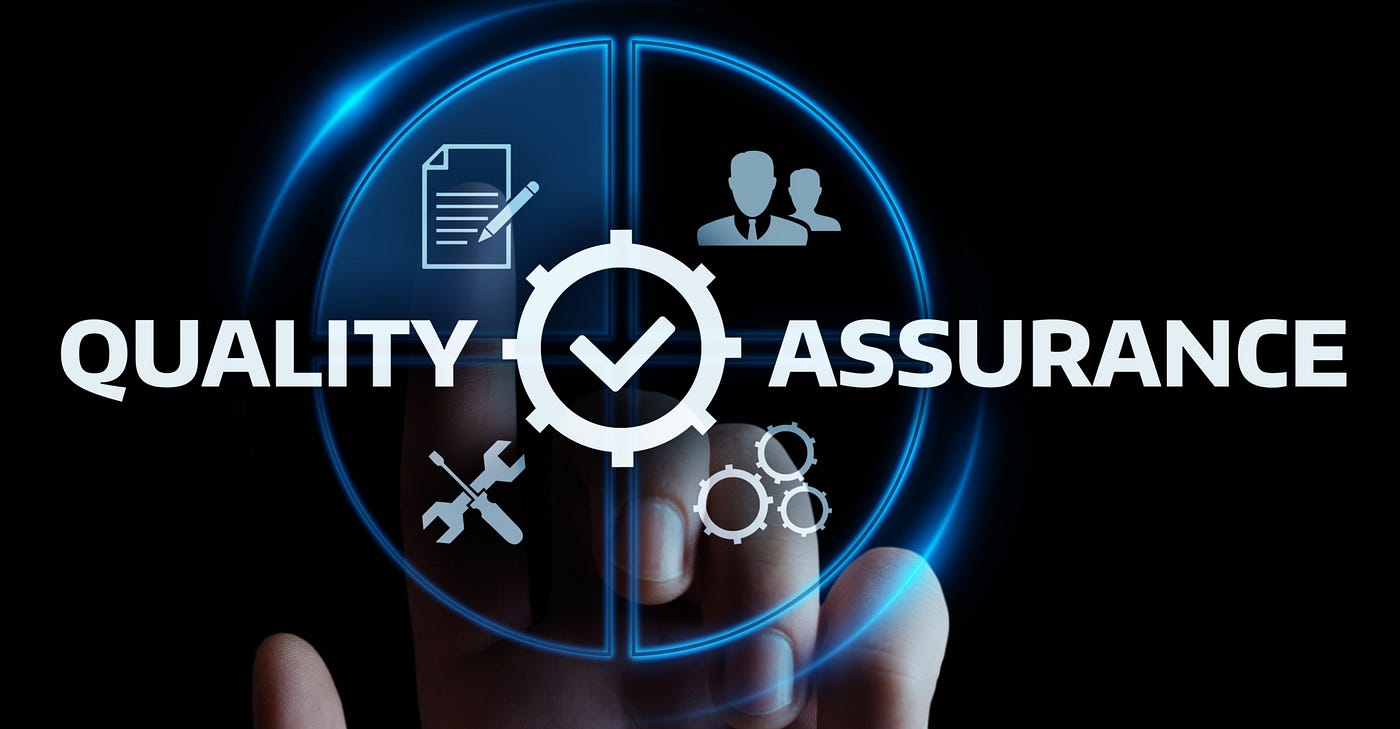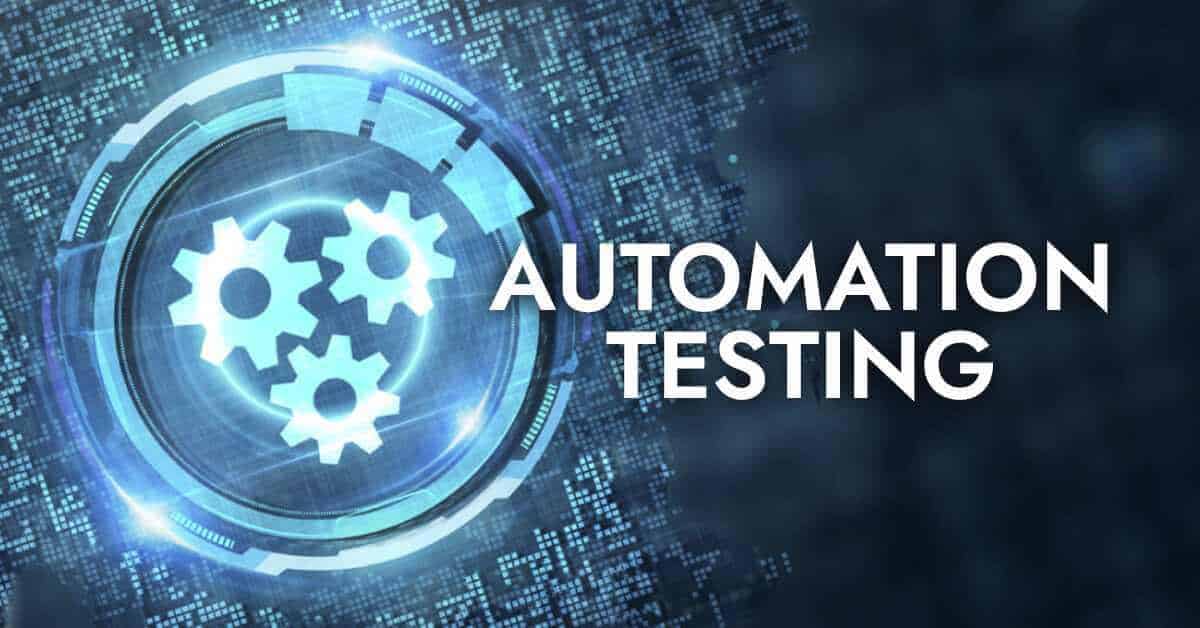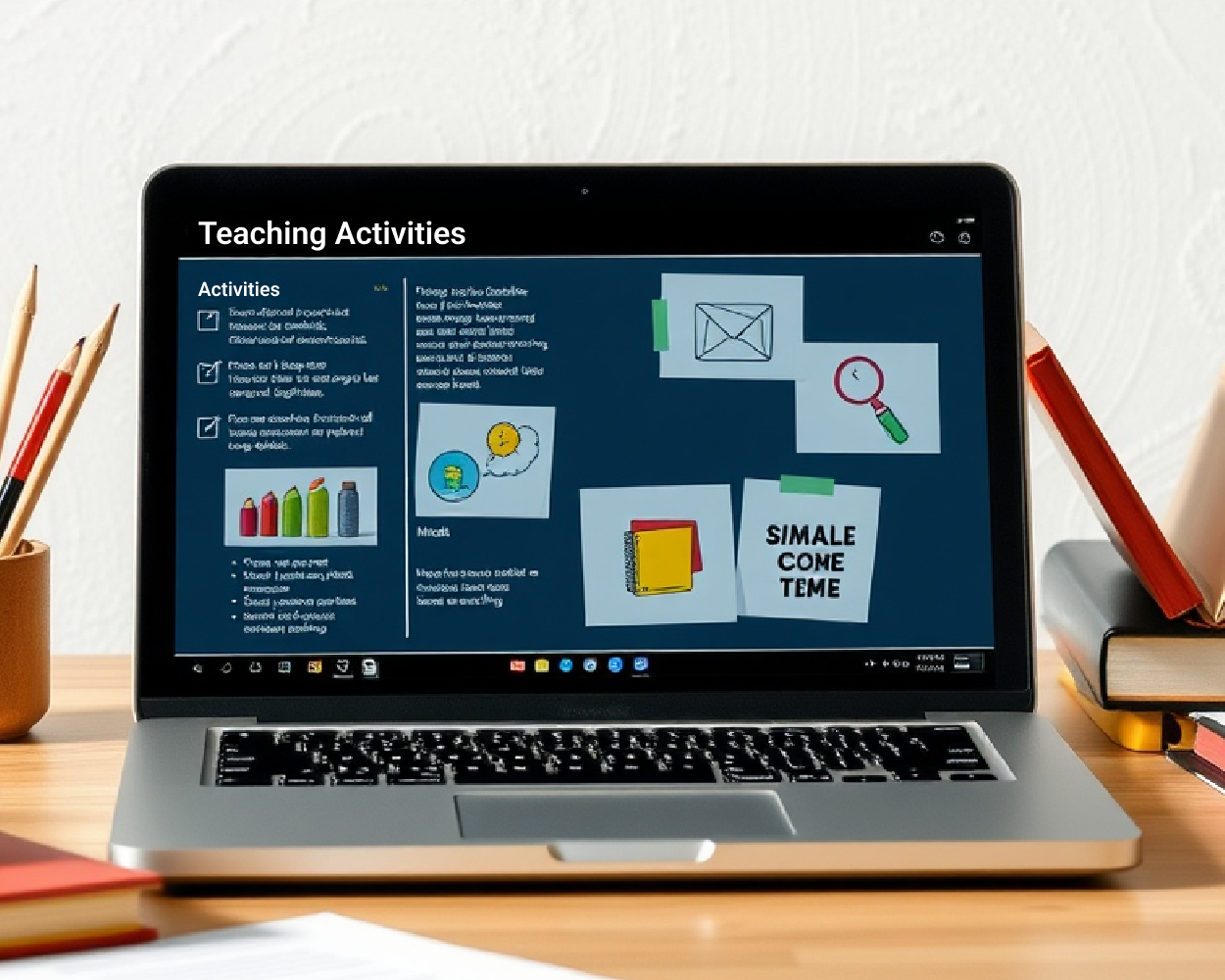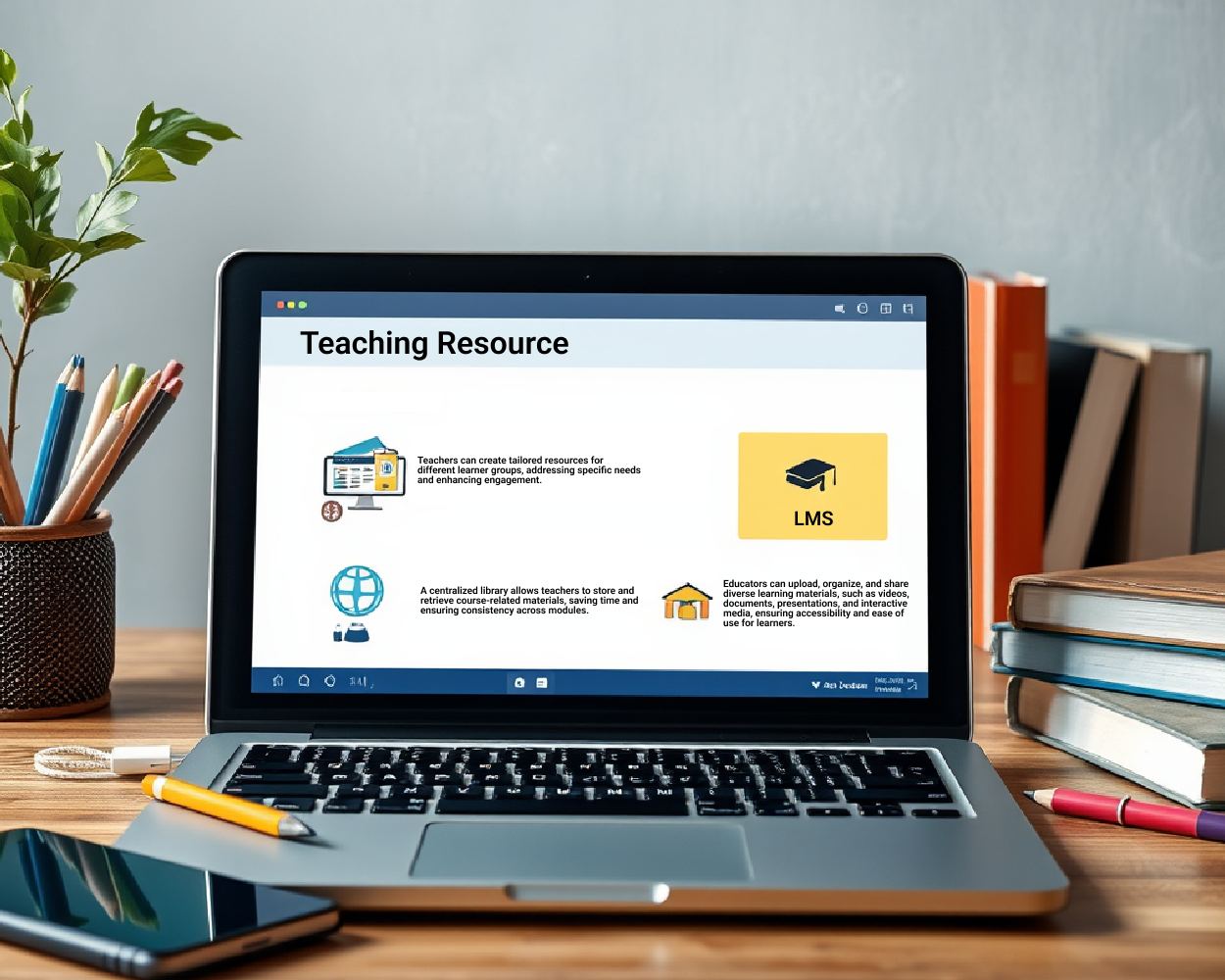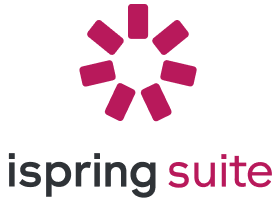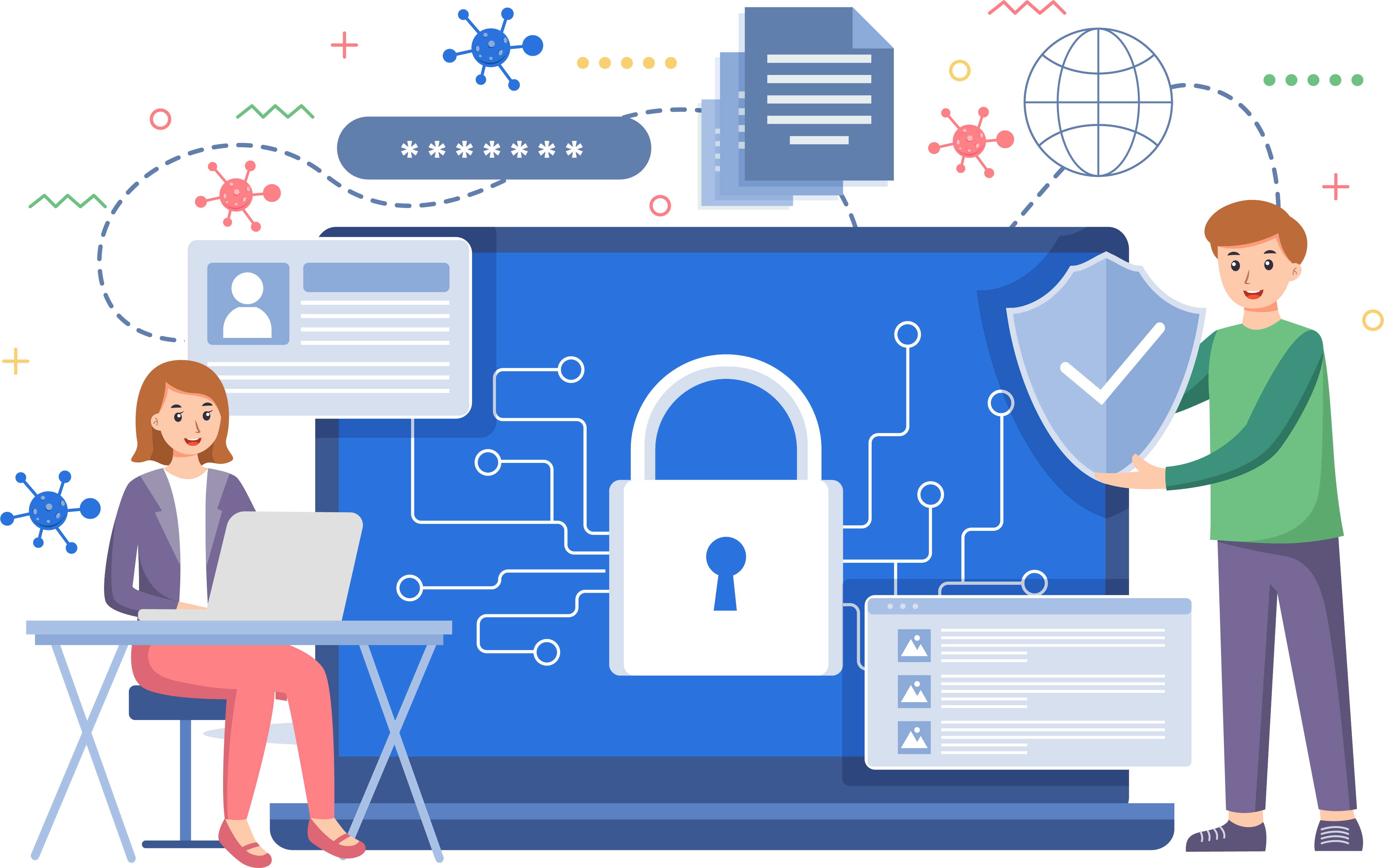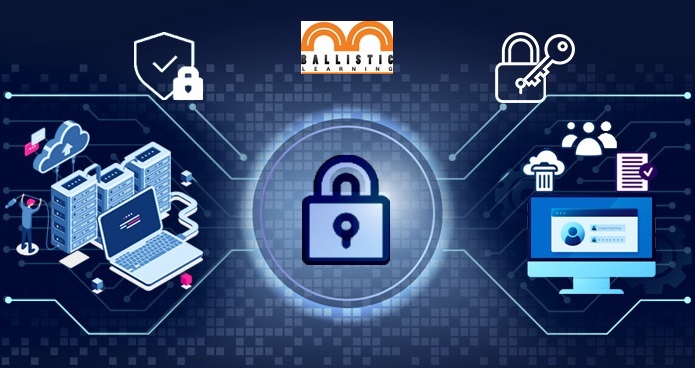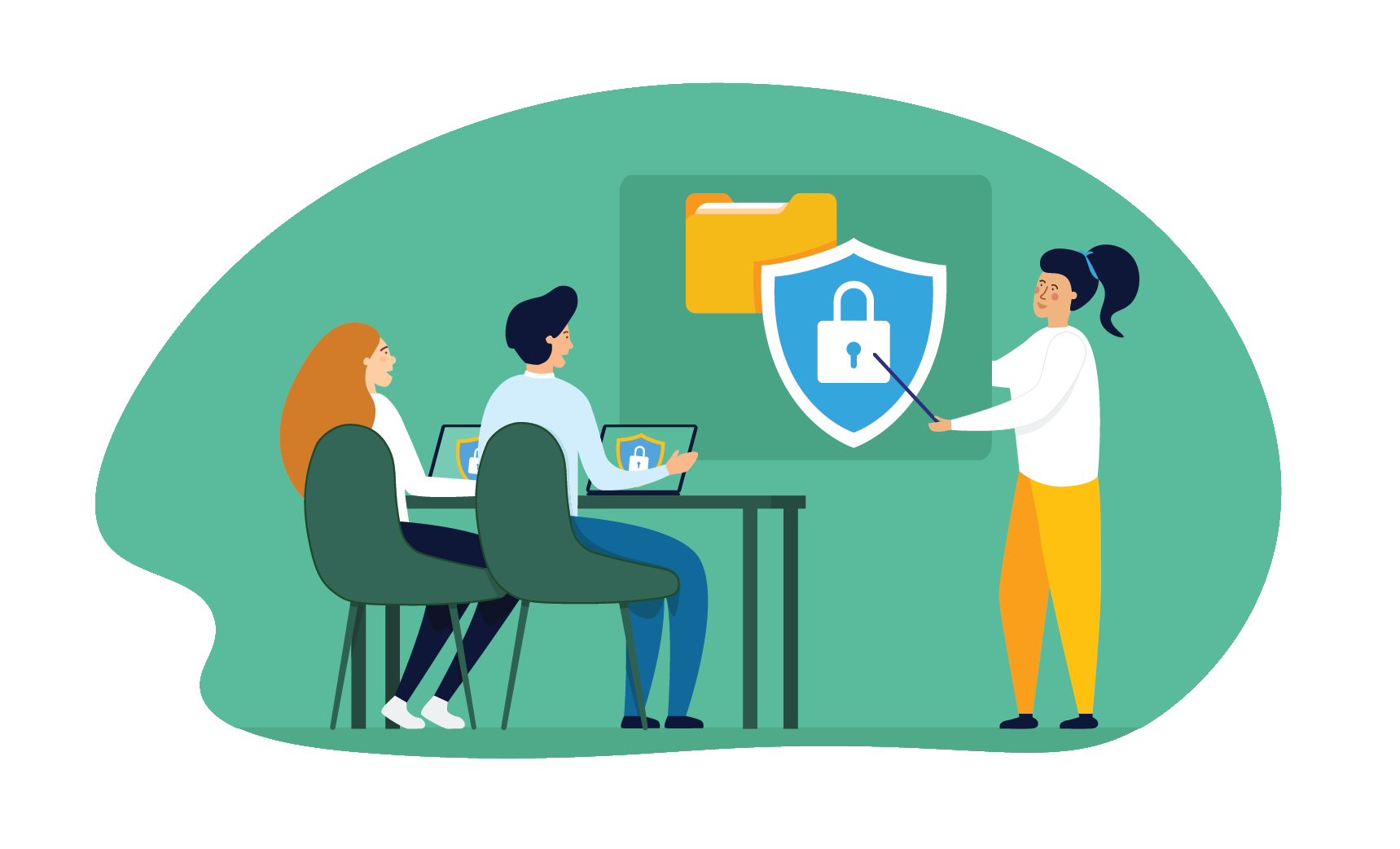| |
|
No events, बुधवार, 1 अक्तूबर
1
No events, बुधवार, 1 अक्तूबर
1
|
No events, गुरुवार, 2 अक्तूबर
2
No events, गुरुवार, 2 अक्तूबर
2
|
No events, शुक्रवार, 3 अक्तूबर
3
No events, शुक्रवार, 3 अक्तूबर
3
|
No events, शनिवार, 4 अक्तूबर
4
No events, शनिवार, 4 अक्तूबर
4
|
No events, रविवार, 5 अक्तूबर
5
No events, रविवार, 5 अक्तूबर
5
|
|
No events, सोमवार, 6 अक्तूबर
6
No events, सोमवार, 6 अक्तूबर
6
|
No events, मंगलवार, 7 अक्तूबर
7
No events, मंगलवार, 7 अक्तूबर
7
|
No events, बुधवार, 8 अक्तूबर
8
No events, बुधवार, 8 अक्तूबर
8
|
No events, गुरुवार, 9 अक्तूबर
9
No events, गुरुवार, 9 अक्तूबर
9
|
No events, शुक्रवार, 10 अक्तूबर
10
No events, शुक्रवार, 10 अक्तूबर
10
|
No events, शनिवार, 11 अक्तूबर
11
No events, शनिवार, 11 अक्तूबर
11
|
No events, रविवार, 12 अक्तूबर
12
No events, रविवार, 12 अक्तूबर
12
|
|
No events, सोमवार, 13 अक्तूबर
13
No events, सोमवार, 13 अक्तूबर
13
|
No events, मंगलवार, 14 अक्तूबर
14
No events, मंगलवार, 14 अक्तूबर
14
|
No events, बुधवार, 15 अक्तूबर
15
No events, बुधवार, 15 अक्तूबर
15
|
No events, गुरुवार, 16 अक्तूबर
16
No events, गुरुवार, 16 अक्तूबर
16
|
No events, शुक्रवार, 17 अक्तूबर
17
No events, शुक्रवार, 17 अक्तूबर
17
|
No events, शनिवार, 18 अक्तूबर
18
No events, शनिवार, 18 अक्तूबर
18
|
No events, रविवार, 19 अक्तूबर
19
No events, रविवार, 19 अक्तूबर
19
|
|
No events, सोमवार, 20 अक्तूबर
20
No events, सोमवार, 20 अक्तूबर
20
|
No events, मंगलवार, 21 अक्तूबर
21
No events, मंगलवार, 21 अक्तूबर
21
|
No events, बुधवार, 22 अक्तूबर
22
No events, बुधवार, 22 अक्तूबर
22
|
No events, गुरुवार, 23 अक्तूबर
23
No events, गुरुवार, 23 अक्तूबर
23
|
No events, शुक्रवार, 24 अक्तूबर
24
No events, शुक्रवार, 24 अक्तूबर
24
|
No events, शनिवार, 25 अक्तूबर
25
No events, शनिवार, 25 अक्तूबर
25
|
No events, रविवार, 26 अक्तूबर
26
No events, रविवार, 26 अक्तूबर
26
|
|
No events, सोमवार, 27 अक्तूबर
27
No events, सोमवार, 27 अक्तूबर
27
|
No events, मंगलवार, 28 अक्तूबर
28
No events, मंगलवार, 28 अक्तूबर
28
|
No events, बुधवार, 29 अक्तूबर
29
No events, बुधवार, 29 अक्तूबर
29
|
No events, गुरुवार, 30 अक्तूबर
30
No events, गुरुवार, 30 अक्तूबर
30
|
No events, शुक्रवार, 31 अक्तूबर
31
No events, शुक्रवार, 31 अक्तूबर
31
|
|
|
